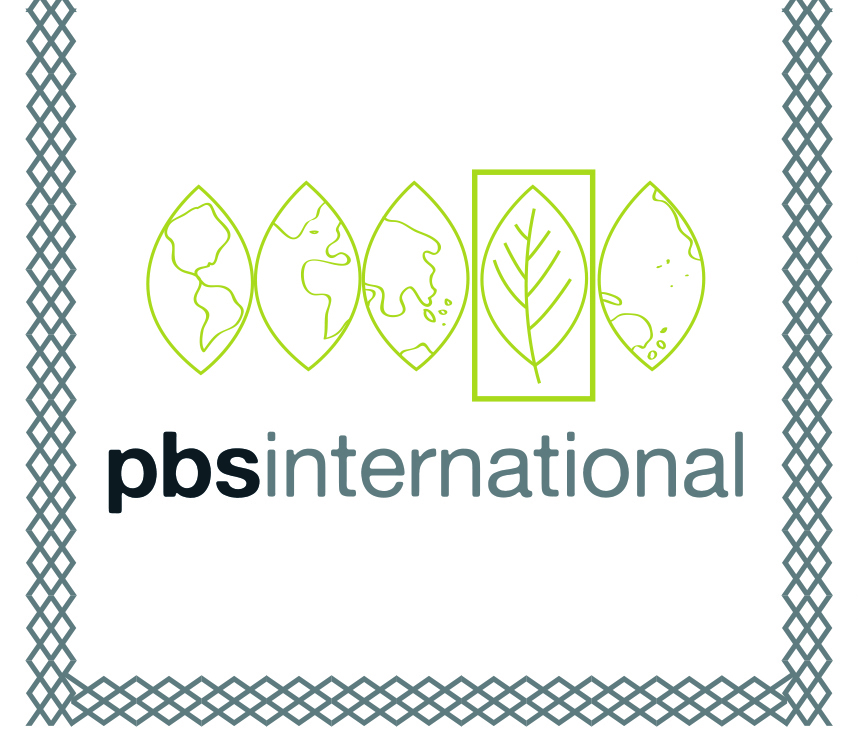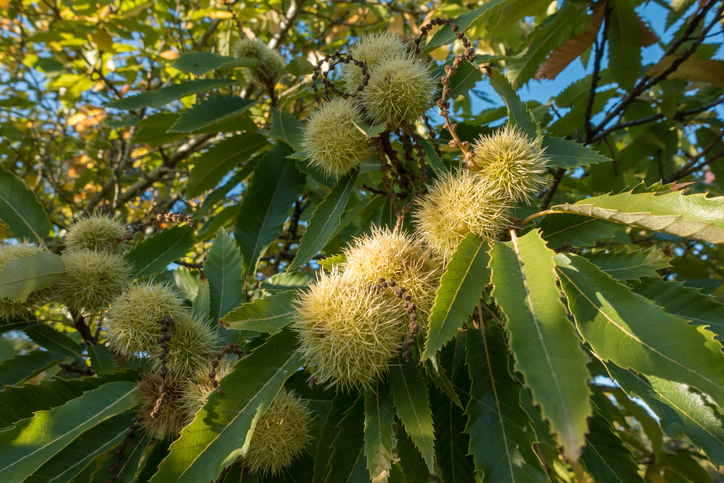Yet if restored, could help resurrect a lost ecosystem and combat climate change!
The American chestnut tree once ruled the canopies of much of Appalachia, with billions of mature American chestnut trees that towered in leafy forests from Maine to Mississippi. But around the beginning of the 20th century, an exotic fungus nearly drove the tree out of existence.
Now, Researchers from State University of New York College of Environmental Science and Forestry’s research station in Syracuse, N.Y. are growing American chestnut trees in the fields of Syracuse so that it can withstand that infection: Half of the nuts produced with the genetically engineered pollen will carry DNA meant to fight the blight.
The researchers are now ready to sow the seeds in the wild, pushing to become the first in the United States to use genetic engineering to bring a forest tree back to its former glory.
Team PBS are delighted to see that our pollination bags are giving the helping hand through this novel expedition, our bags are being used to cover flowers on American Chestnut trees and prevent the spread of genetically engineered pollen.
This is fantastic news as bringing back even a portion of the two billion tons of chestnut biomass lost to fungus would not only remake deciduous forests in the east but would also help combat climate change. Long-living and fast-growing, the American chestnut is a powerful sponge for greenhouse gas emissions.
Read more on this here: How gene editing could fight chestnut tree blight and avert extinction – The Washington Post



